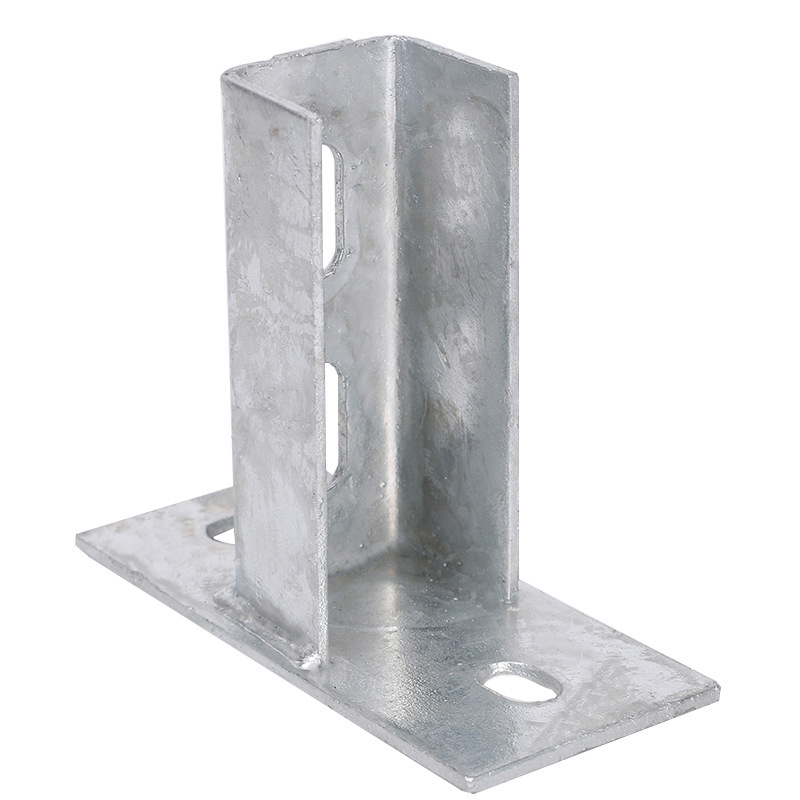

lock nut
Oct . 14, 2024 22:05 Back to list
lock nut
Understanding Lock Nuts A Fundamental Component in Fastening Technology
Lock nuts play a crucial role in the realm of fastening technology, offering secure and reliable connections in a wide array of applications. Used in various industries, including automotive, aerospace, and machinery manufacturing, these specialized nuts are designed to prevent loosening under dynamic loads and vibrations, ensuring the integrity of assembled components.
A lock nut, often referred to as a locking nut, is specifically engineered with features that enhance its grip on the threaded fastener. Unlike standard nuts, which can loosen over time due to movement or vibrations, lock nuts provide added security through various mechanisms. The most common types of lock nuts include nylon insert nuts, prevailing torque nuts, and double nuts.
Nylon insert lock nuts are a popular choice for many applications. These nuts have a nylon collar that deforms slightly when the nut is tightened onto a bolt. This deformation creates friction and resistance, effectively preventing the nut from loosening. They are widely used in automotive applications as they can withstand high temperatures and have excellent resistance to corrosion.
Prevailing torque lock nuts, or all-metal lock nuts, utilize a distorting thread design
. This threaded feature creates a high friction force between the nut and bolt, helping to maintain tightness even under vibration. They are often found in high-stress environments, such as in heavy machinery and aerospace applications, where reliability is paramount.lock nut

Double nuts are another effective method for securing threaded connections. By using two nuts tightened together, the possibility of loosening is significantly reduced. This technique leverages the friction between the two nuts, which counteracts any movement that might occur. Double nut applications are common in structural applications, where stability is critical.
While lock nuts are essential for preventing loosening, it is equally important to use them correctly. Proper installation requires consideration of torque specifications, as overtightening can lead to damage or material failure. It’s also crucial to select the right type of lock nut for a specific application, factoring in the operating environment and load conditions.
Lock nuts have contributed greatly to the advancement of fastening technology, ensuring safety and reliability in countless applications. Their unique designs and materials continue to evolve, addressing challenges posed by modern engineering demands. As industries progress and require more robust solutions, lock nuts will undoubtedly remain integral, keeping our machines and structures safe and secure.
In conclusion, understanding lock nuts and their functions is vital for anyone involved in engineering or maintenance. With their ability to resist loosening and enhance the integrity of fastened connections, lock nuts are indeed a champion of fastening technology, providing peace of mind across myriad applications.
Latest news
-
High-Strength Hot Dip Galvanized Bolts - Hebei Longze | Corrosion Resistance, Customization
NewsJul.30,2025
-
Hot Dip Galvanized Bolts-Hebei Longze|Corrosion Resistance&High Strength
NewsJul.30,2025
-
High-Strength Hot-Dip Galvanized Bolts-Hebei Longze|Corrosion Resistance&High Strength
NewsJul.30,2025
-
Hot Dip Galvanized Bolts-Hebei Longze|Corrosion Resistance&High Strength
NewsJul.30,2025
-
Hot Dip Galvanized Bolts - Hebei Longze | Corrosion Resistance, High Strength
NewsJul.30,2025
-
High-Strength Hot Dip Galvanized Bolts-Hebei Longze|Corrosion Resistance, Grade 8.8
NewsJul.30,2025

